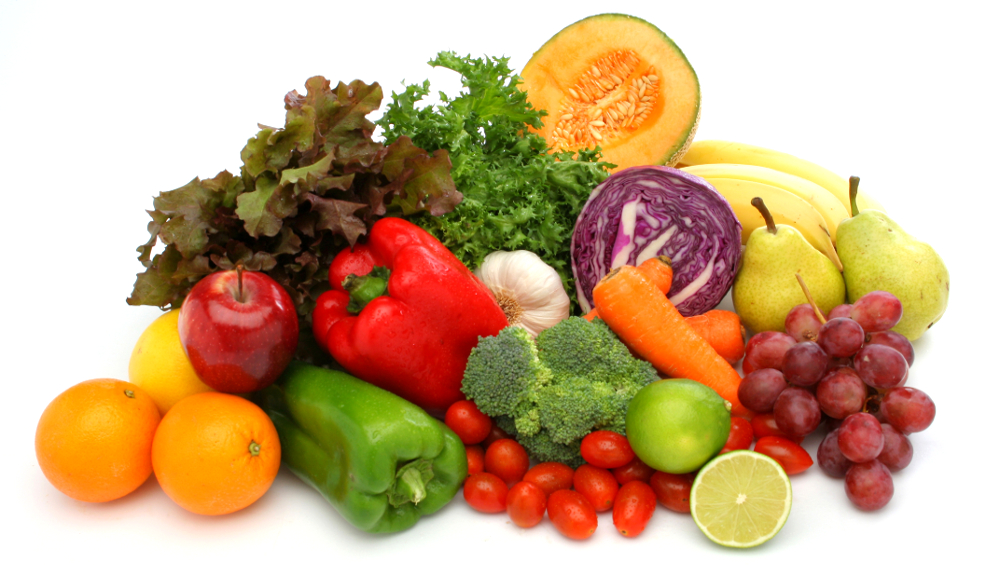Each summer, Oklahomans find themselves celebrating weekends with backyard barbeques, and while the grilled meats may be the main attraction, a summer cookout is incomplete without the perfect summer salad.
Just as there are safety protocols for handling meat, there also are recommendations for the proper handling of produce. Food handling misconceptions are threatening to consumers, said Ravi Jadeja, food safety specialist for Oklahoma State University’s Robert M. Kerr Food and Agricultural Products Center.
According to the Centers for Disease Control and Prevention, raw fruits and vegetables can contain harmful germs, such as Salmonella, E. coli, and Listeria. A large percentage of U.S. foodborne illnesses are caused by germs on fresh produce.
“A common misconception I see is about the food washing process,” Jadeja said. “Washing pre-washed refrigerated salads, typically labeled as a triple-washed salad, does not make the product safer.”
Washing a pre-washed salad may cause contamination, if any present, to spread in the product and make it unsafe to consume, he said.
“One of the safest produce washing methods is to wash any produce under potable running water,” Jadeja said. “Only use approved sanitizers for washing produce and many chlorine solutions are not suitable for washing produce.”
An excessive amount of chlorine in wash water may produce carcinogens, which would make produce unsafe for consumption.
“Consumers should always be careful when handling and storing produce,” Jadeja said. “Contact with an unsanitary surface, such as a cutting board used to handle raw meat, can easily contaminate the produce.”
FAPC recommends the following food safety tips when enjoying produce this summer:
Purchasing
- Find produce that is not bruised or damaged
- Separate produce from raw meat, poultry and seafood
Storing
- Refrigerate pre-cut fruits and vegetables
- Within 2 hours after you cut, peel or cook fruits or vegetables, refrigerate in a clean container
Preparing
- Wash hands, kitchen utensils, and countertops before and after handling produce
- When possible, use one cutting board for fresh produce and a separate for raw meat, poultry, and seafood
- Clean produce by washing under running water to prevent germs on the peel or skin from getting inside fruits or vegetables
- Washing fruits and vegetables with soap or detergent is not recommended
- Cutaway damaged or bruised areas on produce and throw away any produce that looks rotten.
FAPC, a part of OSU’s Division of Agricultural Sciences and Natural Resources, helps to discover, develop and deliver technical and business information that stimulates and supports the growth of value-added food and agricultural products and processing in Oklahoma.
(To sign up for a free subscription to Food Safety News, click here.)

